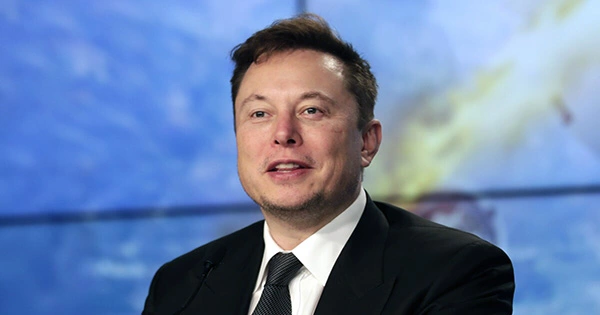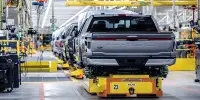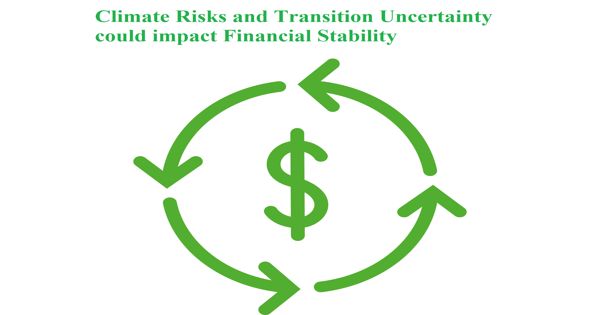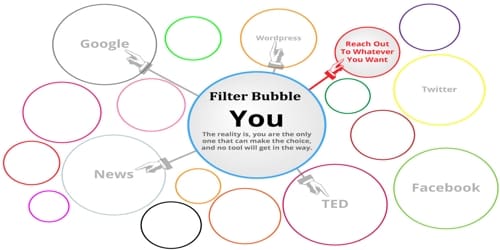Elon Musk stated this morning that he has made a $43 billion deal to acquire Twitter. He just purchased 9.2% of the firm for $3 billion and then denied a board position. Conveniently, the polarizing CEO of Tesla and SpaceX was already set to talk at the TED2022 conference, a discussion that was so popular that TED made the livestream open to the whole public. TED’s Chris Anderson asked Musk why he made a bid to acquire Twitter in the opening question of the session.
“I believe it is critical to have a welcoming environment for free expression.” After humorously attempting to avoid the topic by talking about the movie “Ted,” which stars a talking bear, he replied, “It’s absolutely vital that people have both the reality and the idea that they are able to speak freely within the confines of the law.” Musk describes himself as a “free speech absolutist,” according to Anderson. Musk knows that Twitter must follow US rules (it’s unlawful to cry “fire!” in a movie theater if there isn’t one), but he believes that “if someone you don’t like is permitted to say something you don’t like… if that is the case, then we have free expression.”
Of course, disagreeing with someone on Twitter is not against the rules, but the rules do ban hate speech, targeted harassment, and COVID-19 falsehoods, so it’s unclear what type of adjustments Musk would like to make to the platform’s standards. He stated that he wants Twitter to follow the rules of the nation in which it operates, which is similar to the approach taken by platforms such as Parler and Truth Social. He went on to say that he thinks its fine to put people “on probation,” but that permanent bans are ineffective.
Musk went on to say that he wants Twitter’s code, including its algorithm, to be open source. Several US lawmakers have advocated for increased openness regarding social media algorithms, particularly in light of former Facebook employee Frances Haugen’s document disclosures, which demonstrate that Facebook prefers content that is more likely to elicit outrage. “The first priority for me would be to get rid of the spam and fraud bots, as well as the bot armies on Twitter,” he stated. “They’re degrading the product significantly.” If I had a dogecoin for every cryptocurrency fraud, I’d.”
In regards to the contentious edit button, he stated that it would only be available for a limited time after a Tweet was sent. He speculated that when a tweet is changed, it may lose all of its likes and retweets, but that this would effectively accomplish the same function as simply deleting the tweet and starting again. It’s still unclear if Twitter would accept Musk’s $43 billion offer; Musk stated that he had “sufficient assets” to execute the acquisition, so the ball is now in Twitter’s court. However, The Information stated that while the business magnate was on stage, Twitter is anticipated to reject his offer. In that scenario, Musk has previously told the audience that he has a backup plan, which he has declined to detail (at least it isn’t a Preparation H). In response to The Information’s claims, Twitter declined to respond to TechCrunch.
“This is just my strong, gut conviction that having a public platform that is fully trusted and broadly inclusive is incredibly crucial to civilization’s survival,” Musk added. “I don’t give a damn about economics.” Anderson prompted the well-known shitposter to wax philosophical at the end of the talk. Musk said he was “obsessed with truth” as a child and studied physics in order to “understand the reality of the cosmos.” In some ways, it appears like Musk approaches his business ventures through this lens: SpaceX wants to explore the unknown, Tesla wants to promote more sustainable transportation, and Twitter… is a platform where he wants to say, “Do anything you want as long as it’s not illegal?” Something doesn’t seem quite right.
















